Understanding and Addressing Puppy Aggression: A Complete Guide
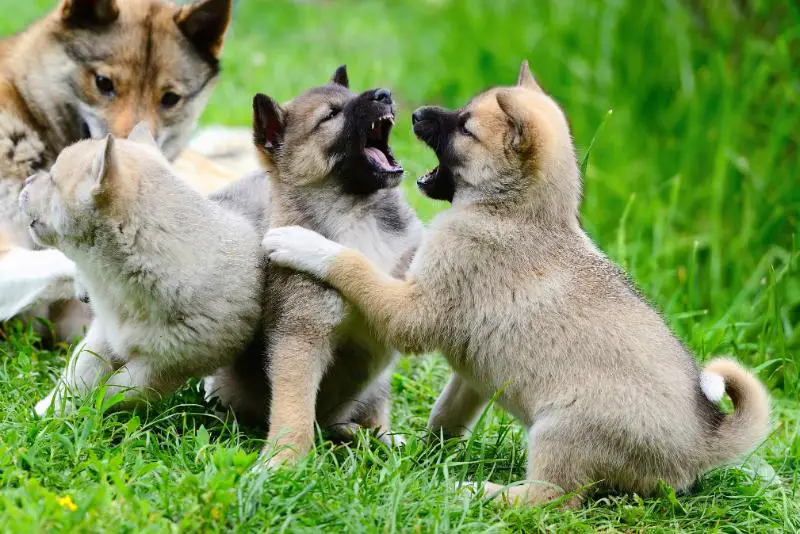
Meet your cute little puppy—cuddle, play, and even romp around with it. But wait, it’s biting and showing little aggression signs, making you wonder, what’s going wrong? Do you need to worry about puppy aggression? Truth is, what might look like a playful behavior can escalate into a problem if it’s left untreated. But hey, don’t be too worried, we’re here to help.
Exploring the Root Cause of Puppy Aggression
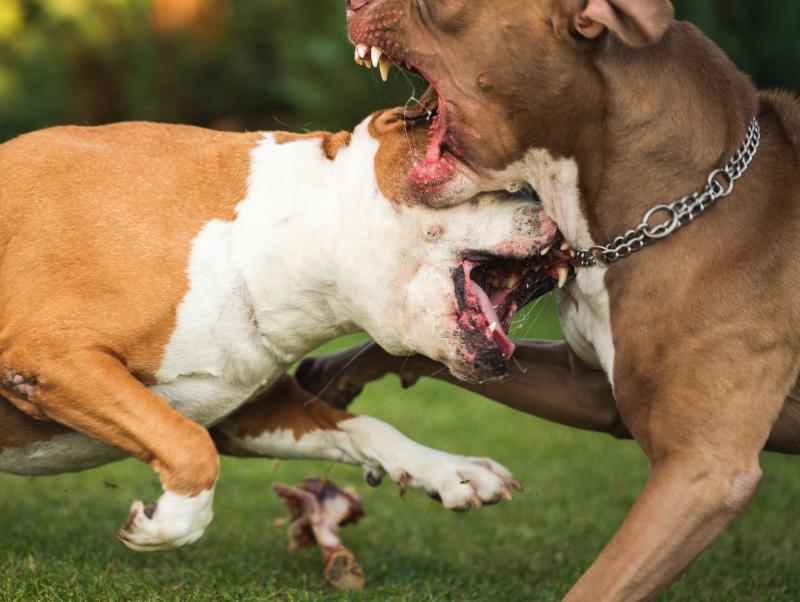
Like humans, puppies also have valid reasons behind their behavior, including aggressiveness. So, let’s dive in and discuss some common causes behind it.
Boredom and Loneliness
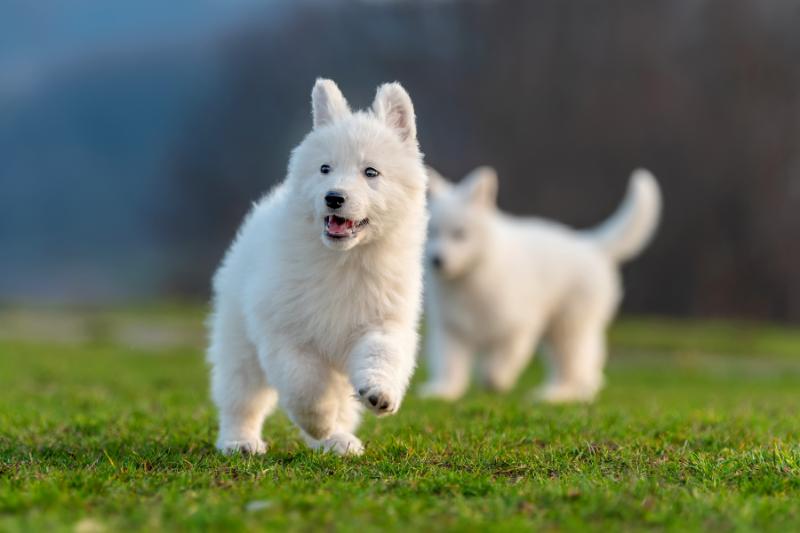
Leaving your puppy alone for longer durations can lead to frustration, and pent-up energy can result in them showing aggression.
Unwanted Interactions
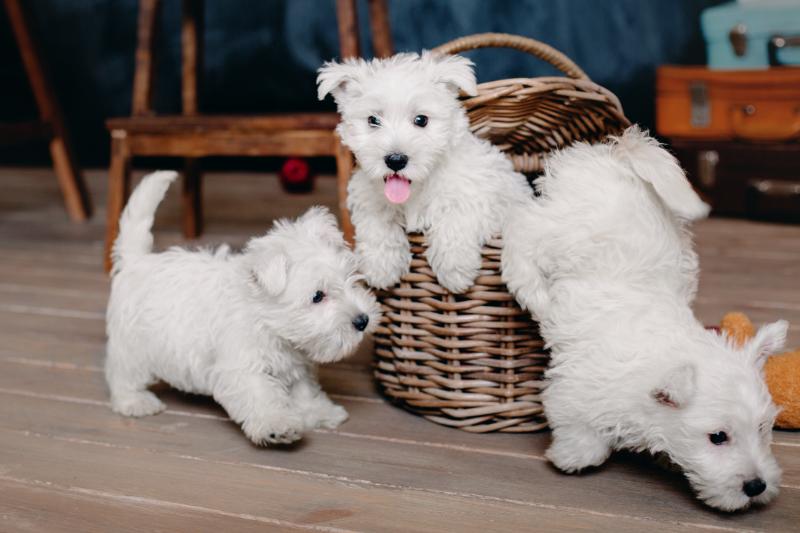
Oftentimes, actions seen as innocent teasing by kids or friends can be disturbing for your furry friend, triggering a defensive response.
Genetic Predispositions
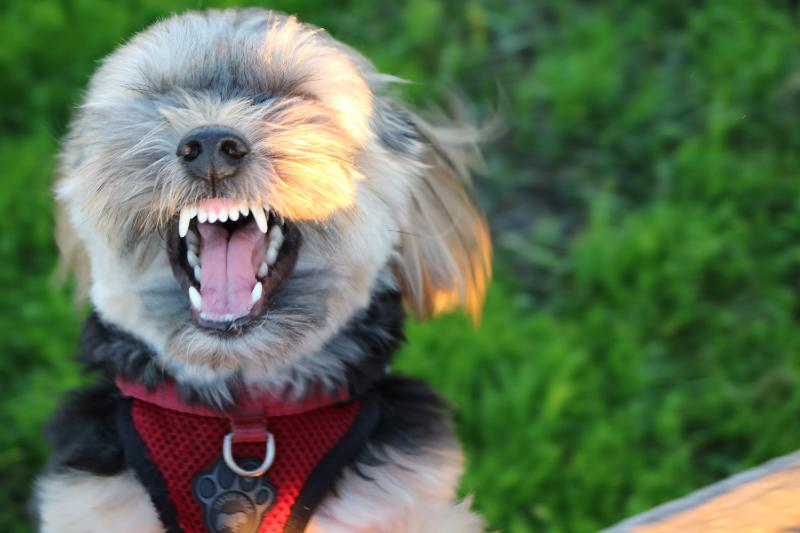
Some breeds have certain behavioral traits built into their DNA, which can include an increased tendency towards aggression.
Physical Discomfort
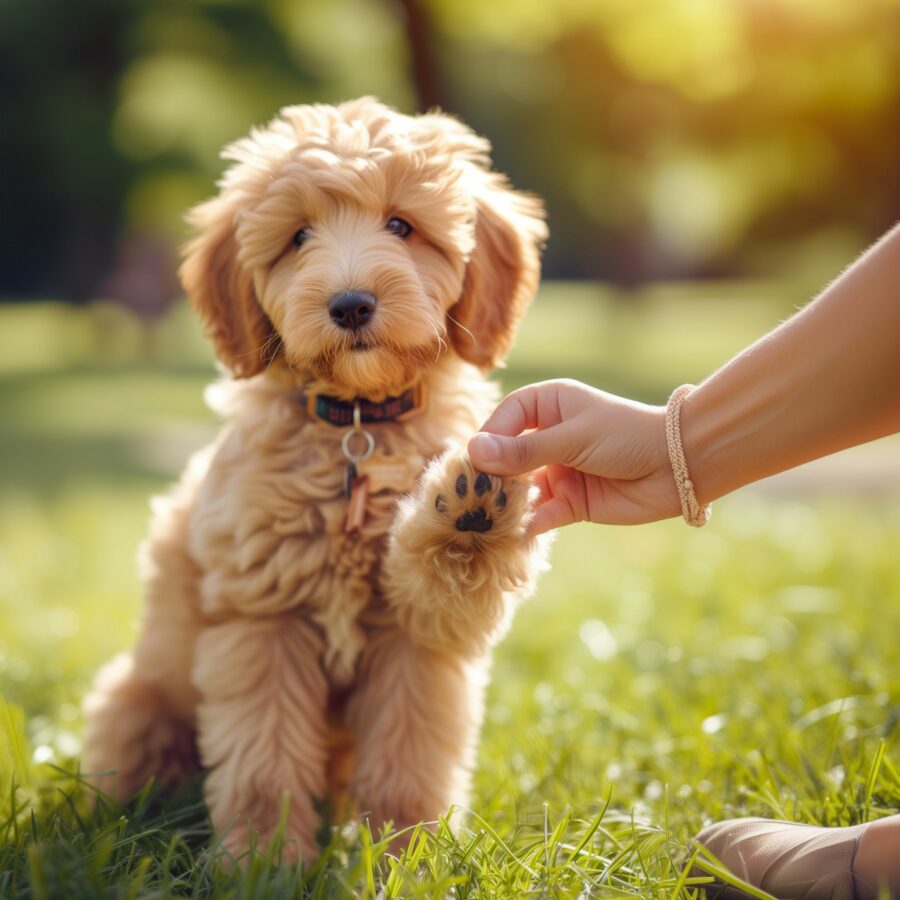
The pain of an illness or injury can make your puppy restless and aggressive. It’s essential to keep an eye on their overall health and physical well-being.
See Related: The Ultimate Guide to Puppy Feeding
Preventing Puppy Aggression: Consider These Helpful Tips
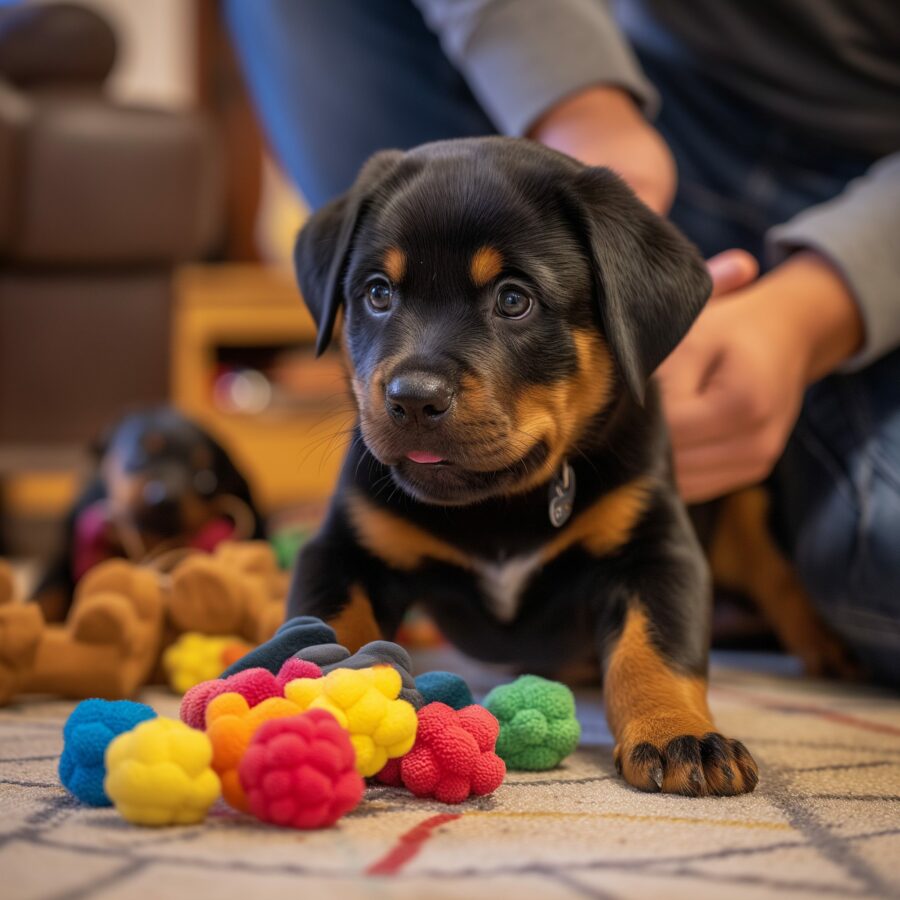
If you think about it, prevention is always better than cure. So, let’s discuss how to prevent our dear furballs from developing aggression.
Early Intervention Matters

Start showing your puppy what behaviors you desire from them, and consistently reward them when they obey. Soon, your puppy will learn that compliance leads to rewards and aggressive behavior doesn’t.
Acknowledge Your Leadership Role
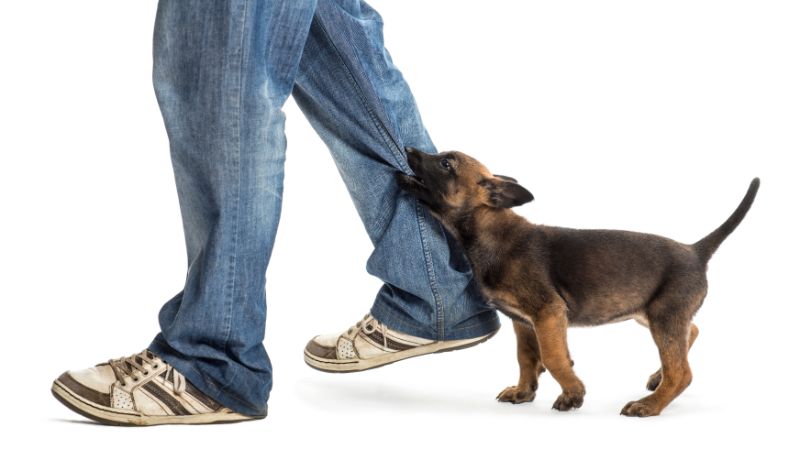
As the one in charge, you should be able to make rules and ensure they’re followed by your puppy. You shouldn’t tolerate puppy aggression while dealing with them, even when they’re over-excited.
Socialize, Socialize, and Socialize Some More

Socializing your puppy with new people, creatures, and situations early is a surefire way to prevent aggression. Involve them in friendly encounters in parks, nature trails, or even puppy training classes. Your pup will learn better interactivity and reduce chances of puppy aggression dramatically.
Choose Puppy-Friendly Games

Keep in mind that the games you play can affect your puppy’s behavior too. Replace wrestling or tug-of-war with calming activities like fetch or long, leisurely walks.
Dealing with puppy aggression might seem daunting in the beginning, but with the right approach, your effort will mold them into loving, obedient adults. So, pay a little attention would ya, let’s make puppyhood great again!
Related Resources: